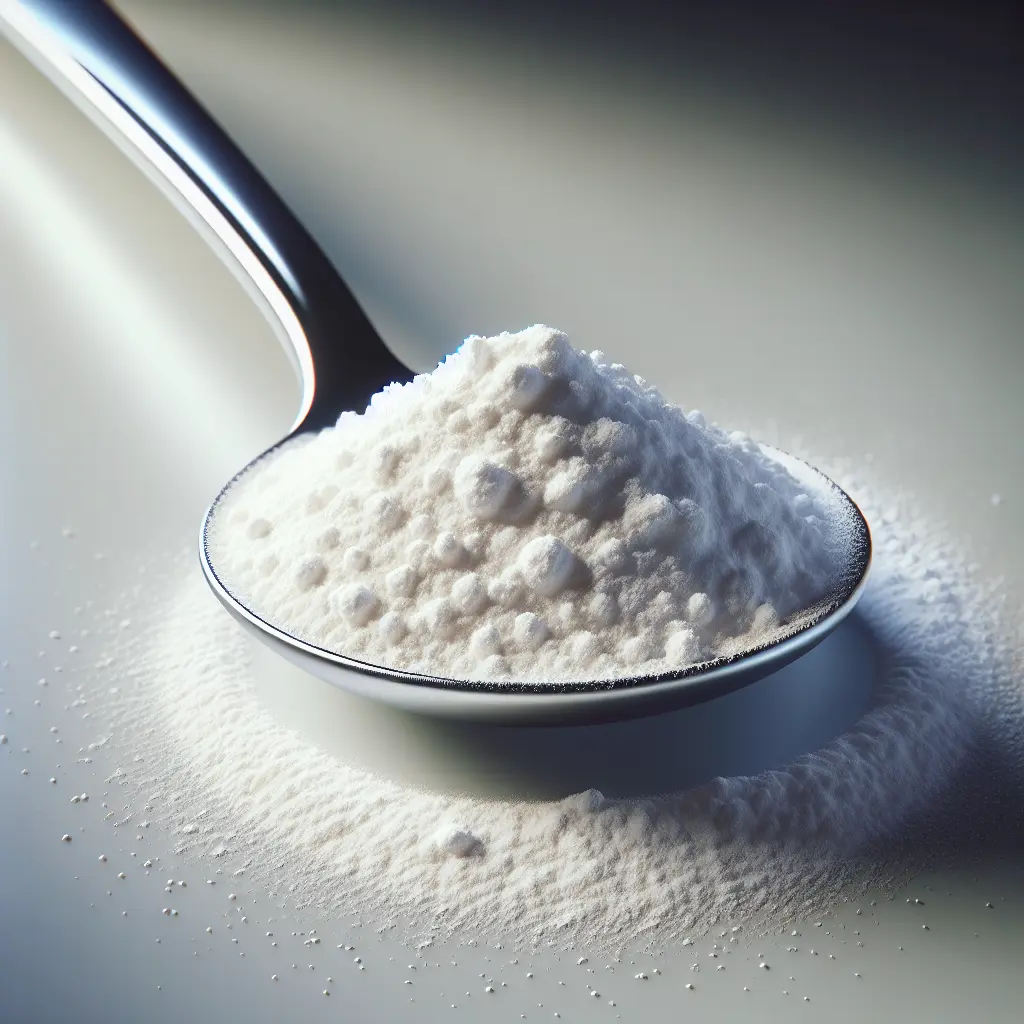Cornstarch: A Versatile Ingredient in the Kitchen
Cornstarch is a fine, white powder made from the endosperm of corn kernels. It's a common thickening agent used in a variety of dishes, including sauces, soups, gravies, and pie fillings. Cornstarch works by absorbing water and swelling, creating a thick, glossy texture.
In addition to its thickening properties, cornstarch can also be used as a binder, coating, and glazing agent. It can be used to bind ingredients together in meatballs, fish cakes, and other dishes. As a coating, cornstarch helps create a crispy exterior on fried foods like chicken and fish. It can also be used to glaze pastries, giving them a shiny finish.
Nutritional Profile of Cornstarch
One tablespoon of cornstarch contains the following nutrients:
- Calories: 30
- Protein: 0 grams
- Fat: 0 grams
- Carbohydrates: 7.3 grams
- Fiber: 0.1 grams
- Sugar: 0 grams
Cornstarch is a low-calorie, low-fat food that provides a small amount of carbohydrates. It's also a good source of resistant starch, a type of starch that resists digestion and may have several health benefits.
Potential Health Benefits of Cornstarch
Cornstarch has been linked to several potential health benefits, including:
- Improved blood sugar control: Resistant starch in cornstarch may help slow down the absorption of sugar into the bloodstream, which can help improve blood sugar control in people with diabetes.
- Reduced cholesterol levels: Resistant starch may also help reduce cholesterol levels by binding to cholesterol in the gut and preventing it from being absorbed into the bloodstream.
- Weight management: Resistant starch is filling and may help reduce appetite, which can aid in weight management.
- Improved gut health: Resistant starch acts as a prebiotic, which means it feeds the beneficial bacteria in the gut. A healthy gut microbiome is associated with improved overall health and disease prevention.
It's important to note that these potential health benefits are primarily associated with resistant starch, which is found in uncooked cornstarch. Cooking cornstarch destroys the resistant starch, reducing its potential health benefits.
Conclusion
Cornstarch is a versatile ingredient with a variety of culinary uses. It's a low-calorie, low-fat food that provides a small amount of carbohydrates and may offer some potential health benefits when consumed in moderation. Whether you're thickening a sauce or creating a crispy coating, cornstarch is a valuable addition to any kitchen.
How many calories are in Cornstarch?
Each 1 tbsp of Cornstarch contains 30 calories.
Cornstarch Nutritional Information
| Nutrient | Amount per 1 tbsp (8g) |
|---|---|
| Calories | 30 Calories |
| Protein | 0g |
| Fat | 0g |
| Saturated Fat | 0g |
| Cholesterol | 0mg |
| Carbohydrates | 7.3g |
| Dietary Fiber | 0.1g |
| Sugar | 0g |
| Sodium | 0.0007mg |
| Potassium | 0.0002mg |
| Calcium | 0.0002mg |
| Iron | 0mg |
